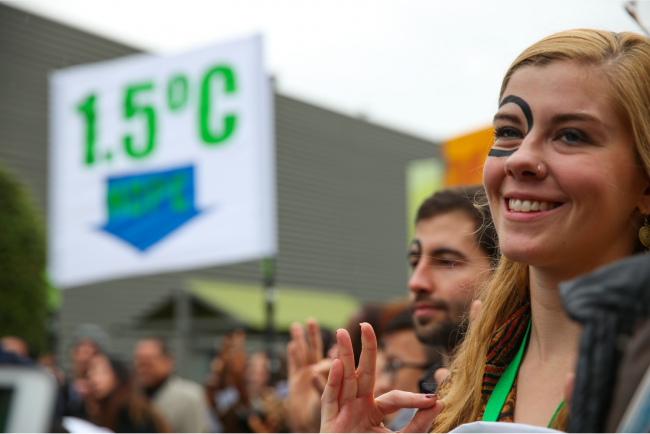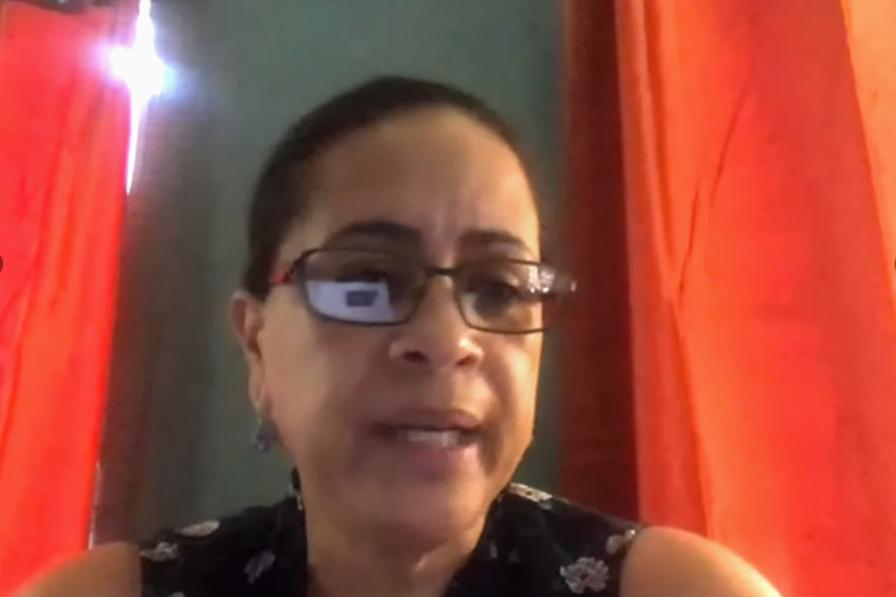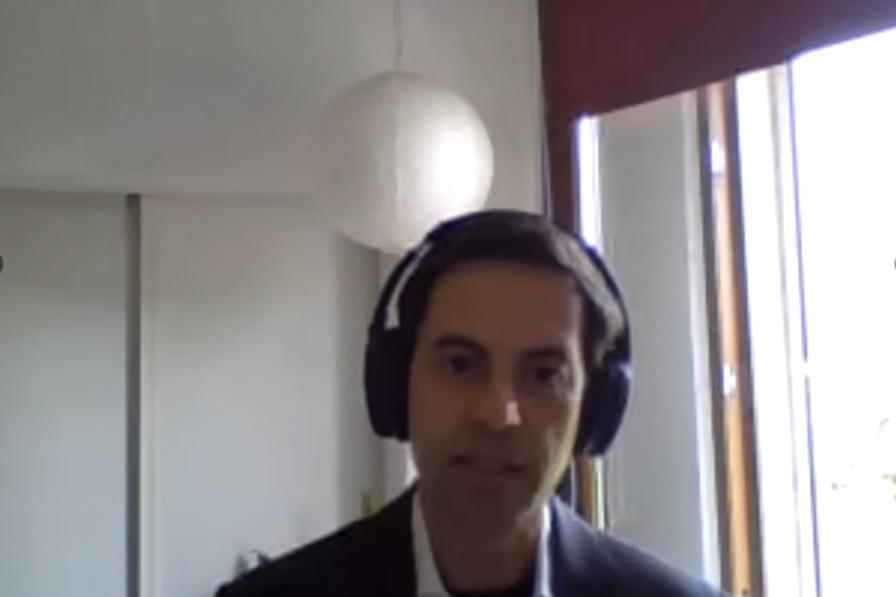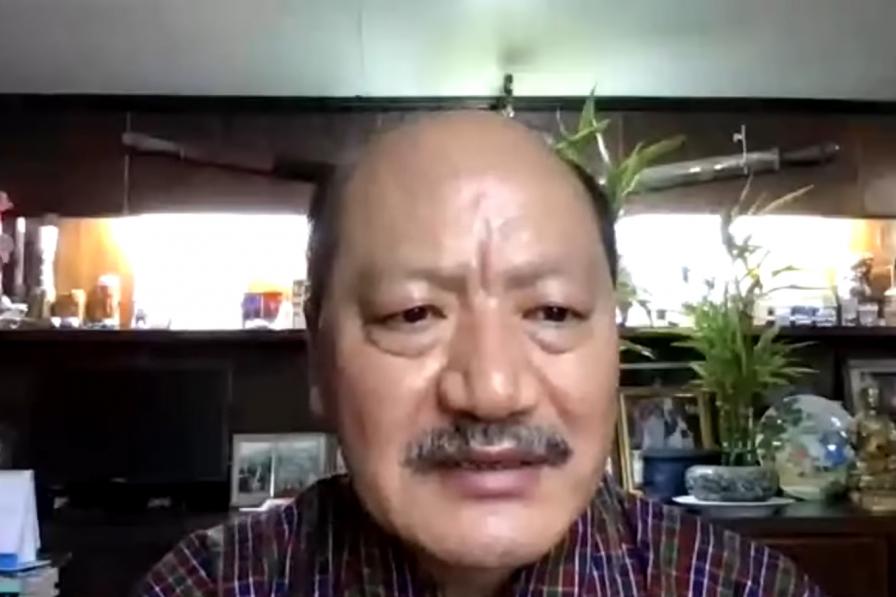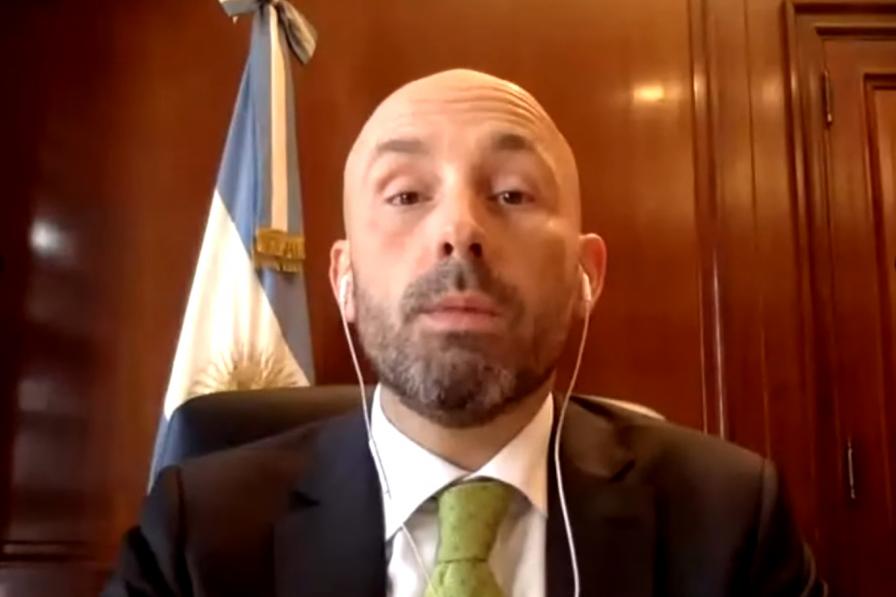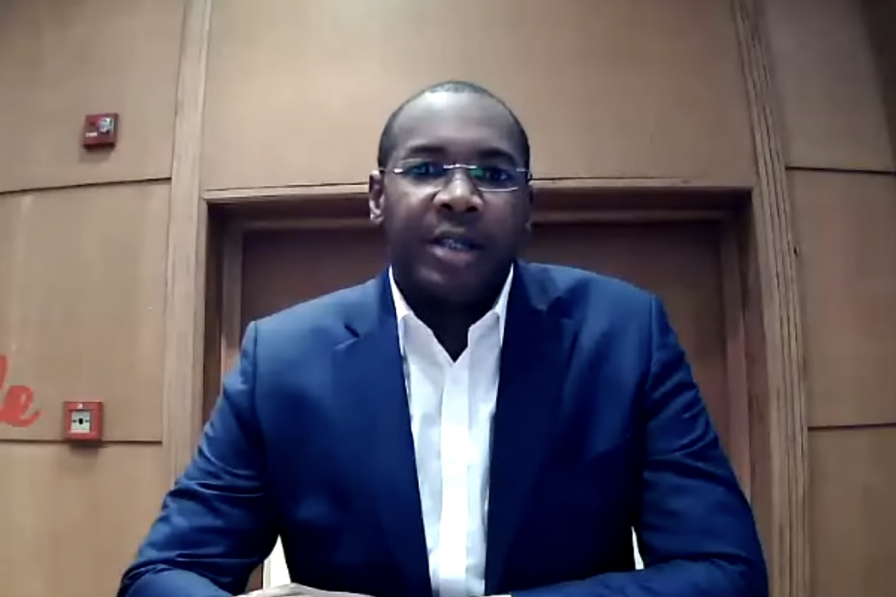The May-June 2021 UN Climate Change Conference opened Monday in a virtual format to prepare for the 26th meeting of the Conference of the Parties (COP 26) in Glasgow, Scotland, scheduled for November 2021. The United Nations Framework Convention on Climate Change (UNFCCC) Subsidiary Bodies, the Subsidiary Body for Scientific and Technological Advice (SBSTA) and the Subsidiary Body for Implementation (SBI), held their opening plenaries, followed by country group statements.
In introductory remarks, COP 25 President Carolina Schmidt, Chile, urged parties to maximize progress at this session, calling for “new levels of solidarity and commitment.” She highlighted transparency, markets, adaptation, and finance among the issues requiring work.
Underscoring that “the world is watching us,” incoming COP 26 President Alok Sharma, UK, encouraged parties to use this session to produce draft text to bring to COP 26 for finalization and adoption.
UNFCCC Executive Secretary Patricia Espinosa said while this year has witnessed some momentum on climate change, the climate emergency is worsening, current plans are not in line with the Paris goals, and negotiations are behind schedule. She called for leadership and trust, and stressed the importance of finance as a moral and economic imperative.
SBSTA Chair Tosi Mpanu-Mpanu and SBI Chair Marianne Karlsen outlined the approach for their respective sessions, which is described in the SBSTA and SBI scenario notes published on 7 May 2021 and builds on feedback from delegations. The SB Chairs noted parties expressed different views on the conduct of the meeting. Some highlighted that, as long as there is consensus, decisions can be taken, especially on procedural items such as the agenda. Others underscored the challenges of remote participation, expressing they are not ready to adopt an agenda or formal decisions.
Noting all parties underscored the need to be pragmatic and move forward, the SB Chairs proposed to start work on the basis of the draft provisional agenda and modalities note, underscoring that the modalities of this meeting do not constitute a precedent for subsequent meetings. They said progress in informal consultations will be captured in informal documents issued under their authority, possibly in iterations to enhance transparency and demonstrate progress.
Delegates then heard statements by country groups. While there was general agreement on the SB Chairs’ proposed way forward, some groups emphasized the informal documents to capture progress have no formal standing and that decision making can only be made in person. Others noted that processes such as the Convention on Biological Diversity are moving forward with virtual decision-making and emphasized the need to move past “broad exchanges of views” towards synthesizing discussions and reflecting on the possibility to adopt decisions in a virtual setting
Many developing country groups underscored the importance of discussions on finance, among others with regard to assessing progress made on developed countries’ goal of jointly providing USD 100 billion annually by 2020, as well as on initiating the process to set the new long-term goal on finance. Other priorities mentioned include Article 6 (market and non-market mechanisms) and transparency. Some expressed concern over the lack of prominence of discussions on adaptation and the postponement of discussions on both loss and damage and gender.
The session was suspended and will be reopened later in the week to hear observer statements. The May-June 2021 UN Climate Change Conference will begin substantive discussions on Tuesday, 1 June.
To receive continuing coverage of this event delivered to your inbox, subscribe to the ENB Update newsletter.
